A bid to control the number of Airbnbs and other short-term lets across Fife will be back up for debate in November.
Fife Council is considering introducing control areas across the entire region as a way of balancing tourism with local communities.
Housing pressures in St Andrews and the East Neuk are well known.
However, issues have also been identified in towns and villages elsewhere in Fife.
Short-term let control areas were introduced by the Scottish Government last year.
They are intended to preserve the characters of neighbourhoods and prevent the inappropriate use of homes.
Anyone who wants to let out a property within a control zone would have to apply for planning permission.
And communities would have the right to object.
Locals priced out of housing market
The possibility of a Fife-wide control zone was first mooted two years ago.
Demand for short-term lets has surged in Fife, particularly since the covid lockdown.
Many locals complain they are being priced out of the housing market as once-affordable homes sell for up to 20% above the asking price.
However, property owners say catering for visitors provides many jobs and boosts the economy.
And councillors agree a balance is needed.
East Neuk Liberal Democrat councillor Sean Dillon asked for an update on progress on the Fife situation last week.
The Labour administration’s tourism spokesman Altany Craik said a report was due to go to the cabinet committee in two months’ time.
5,000 Fife properties on booking sites
In August, Edinburgh City Council was forced to change part of its short-term lets policy after it was ruled unlawful.
Mr Craik said: “Given the legal challenge raised against Edinburgh, we need to get this right.
“We need to make sure we understand the process and don’t expose ourselves to the same thing.”
During last year’s 150th Open Golf Championship, around 5,000 Fife properties were listed on online booking sites.
In addition, Fife Council has identified 768 self-catering properties and 2,257 second homes.
Mr Dillon said: “It’s taken almost two years to get to this point.
“Let’s hope it’s not another two years before we get concrete action.”
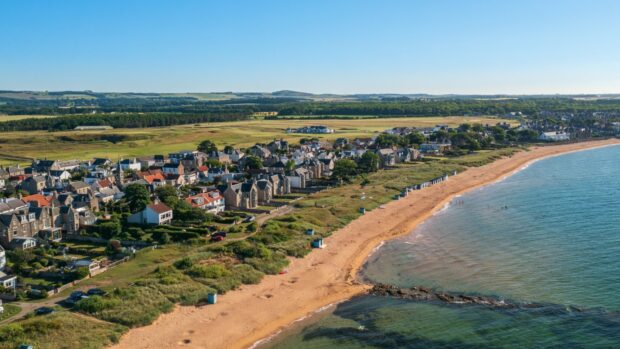
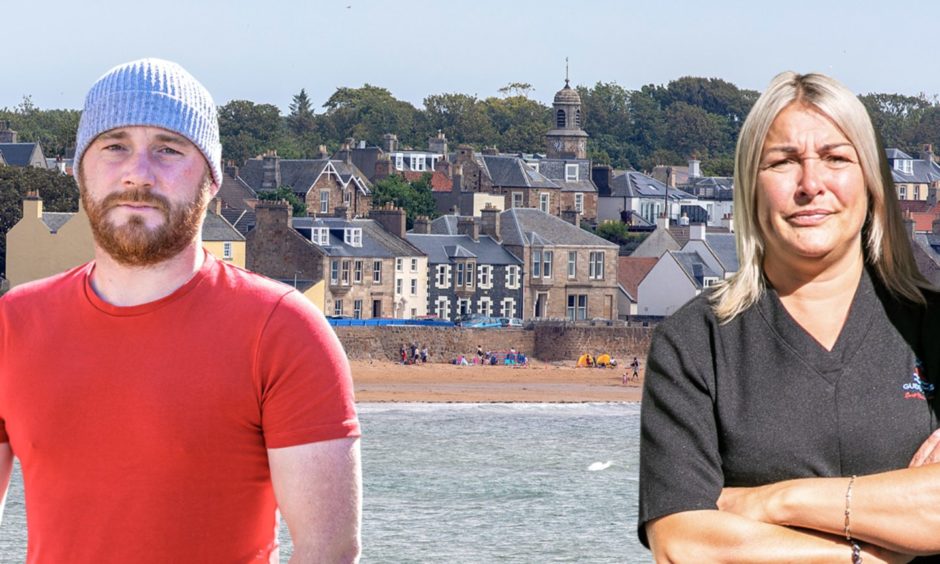

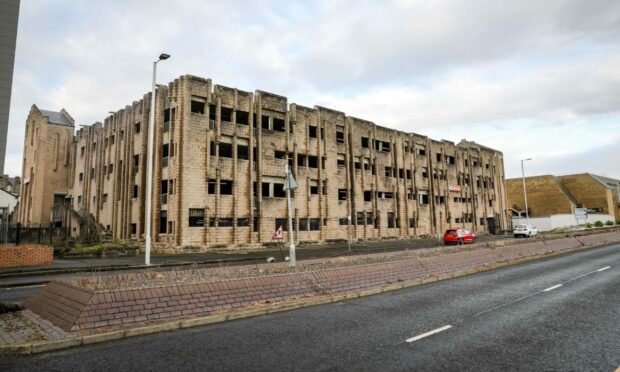
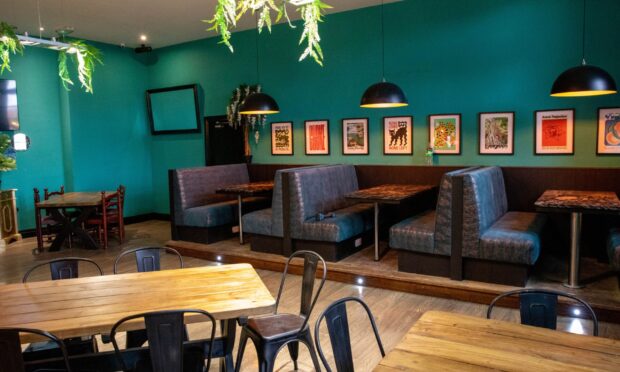

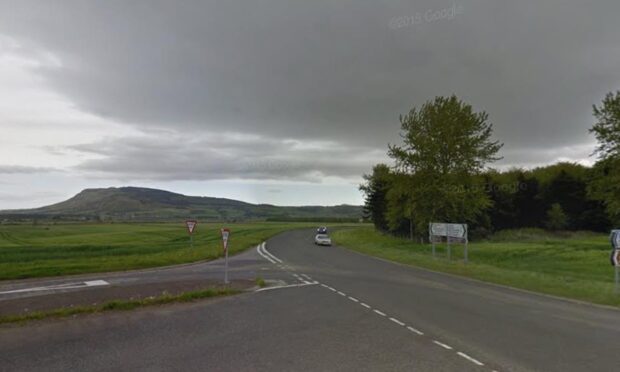


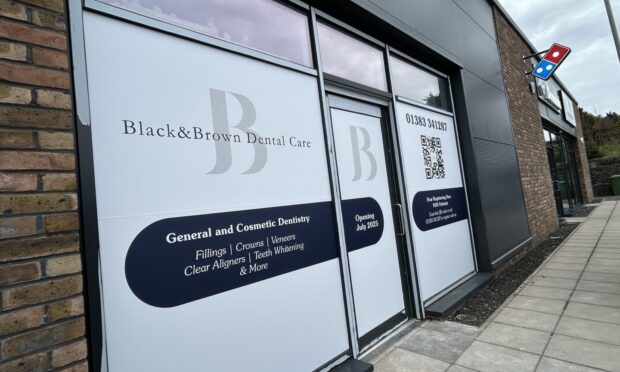
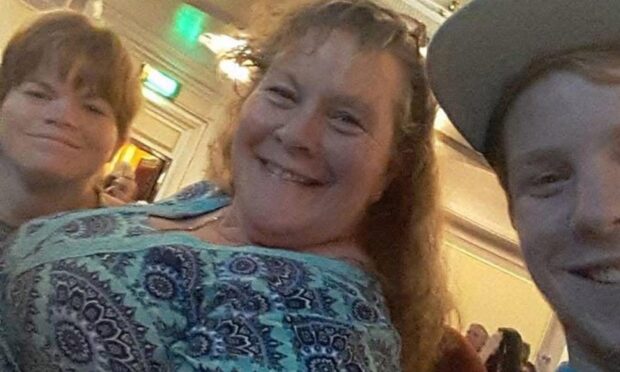

Conversation